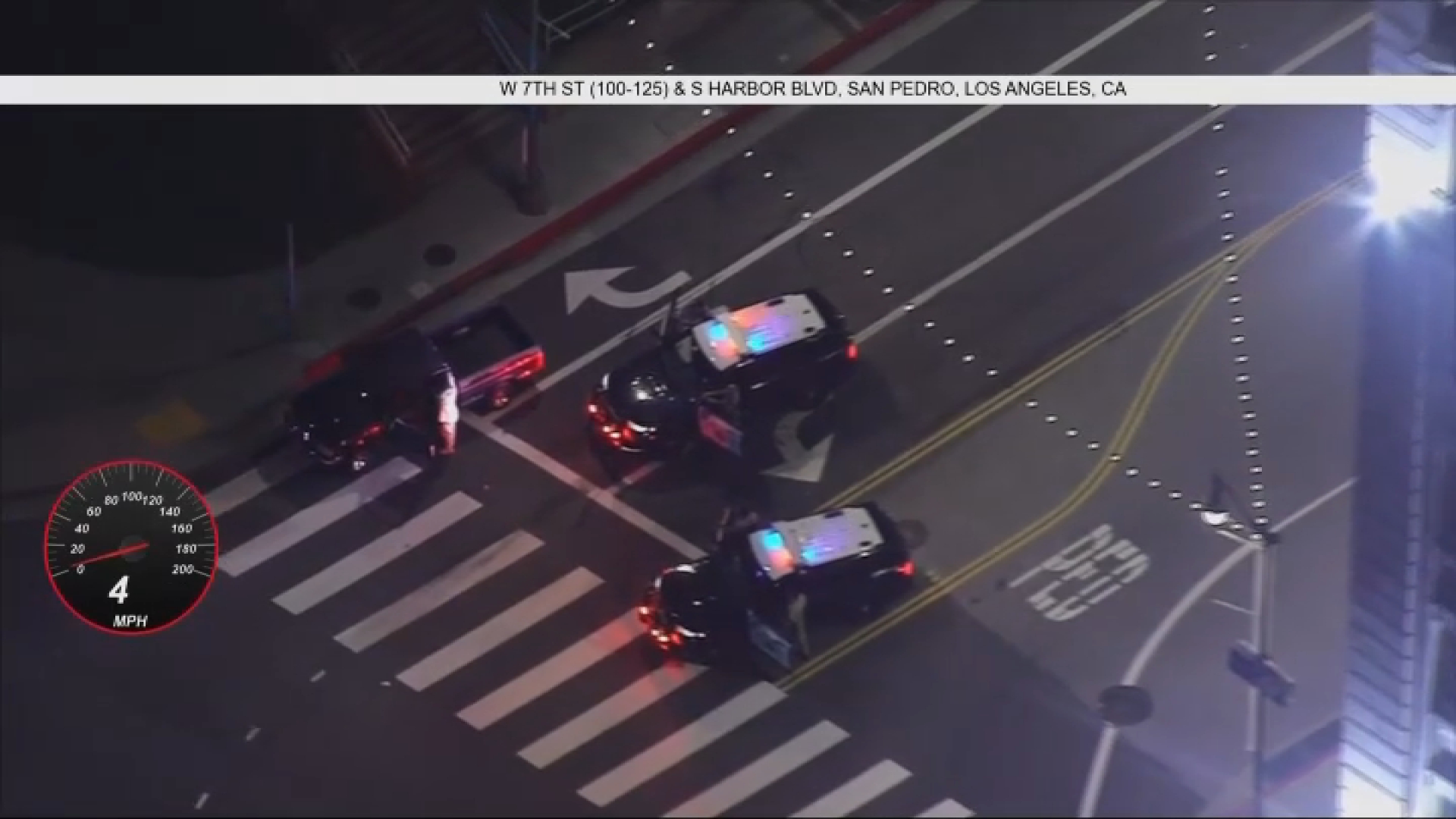I thought it was an urban legend. In fact, it has made the rounds in an email chain letter over the years as something you do if you're being robbed at an ATM, and discredited as a hoax by the likes of Snopes or UrbanLegends.about.com.
But the murder of 17-year old Lily Burk in downtown Los Angeles July 25 after a botched robbery involving an ATM has this urban myth on the road to becoming very real.
Los Angeles City Councilmember Grieg Smith wants to enable ATM users to enter their personal identification numbers, or PINs, backwards as a "duress code" to alert authorities of a robbery in progress.
The Los Angeles Times story today says Smith began researching the idea after Burk's death:
Smith said at least one software manufacturer has already developed a promising system, a covert code that ATM customers can use to alert authorities to trouble. Under the system Smith described, a customer could enter the card's PIN in reverse order. The cash would still be disbursed, so as not to alert the robber, but police would be notified that a robbery was in progress and where.
Such a system would cost banks approximately $25 per machine to install, said Smith, whose proposal was sent to the council's Public Safety Committee for study.
But is it real technology, or the stuff of urban myths? It looks like, according to Wikipedia, a technology called "ATM SafetyPIN" was developed and patented by a lawyer in Illinois, Joseph Zingher -- but it hasn't ever been implemented:
The concept of an alternative emergency PIN system, or duress code, for ATM systems has been around since at least July 30, 1986, when RepresentativeMario Biaggi, a former police officer, proposed it in the U.S. Congressional Record, pp. 18232 et seq. Biaggi then proposed House Resolution 785 in 1987 which would have had the FBI track the problem of express kidnappings and evaluate the idea of an emergency PIN system. HR785 died in committee without debate.
Zingher has not been successful in marketing his invention. Police in New York, New Jersey, Ohio, Illinois, and Kansas have supported the concept. Police support prompted the Illinois legislature to pass a law making it mandatory on all ATMs in Illinois. The law was changed shortly after it was passed by a "follow-on" bill that changed the meaning to the exact opposite of what they were seeking.
Local
Get Los Angeles's latest local news on crime, entertainment, weather, schools, COVID, cost of living and more. Here's your go-to source for today's LA news.
The first thing that pops up when you Google "reverse ATM" is Snopes.com, and most that follow also are hoax-busting websites because this reverse PIN idea has been floating around for so long and really, it's a great idea. Isn't it?
Banks don't think so. The first problem is the palindrome ... if your code is, say, 1221, it's the same backward and forwards. So you couldn't have numbers like that as a PIN if you wanted it to work.
The other thing: quick, what's your PIN backwards? Could you come up with it, under duress? More from Wikipedia:
Diebold, a manufacturer of ATMs, states on their website that no such emergency alerting system is currently in use. They cite an article in the St. Louis Post-Dispatch which claims bankers oppose the reverse-PIN system out of concerns that "ATM users might hesitate or fumble while trying to enter their PINs backwards under duress, possibly increasing the chances of violence." Diebold further states that they would be willing to support such technology if their customers (presumably banks) request it.

The heartbreaking part about Lily Burk's story (well, there are so many heartbreaking parts) is that she called her parents -- each of them -- asking how to get money out of the ATM. She spoke with them while she was being robbed, under duress, and managed to stay calm. One former LA county prosecutor, Robin Sax, interviewed for a column on the case suggested a code word agreed upon in advance could have saved Lily. Perhaps even the word "ATM."
One lesson to take from this tragedy, says Sax, is the importance of creating a secret language or code between parents and children. "Every family needs to have a code word of 'Call the police; I'm in danger,'" says Sax. "That was the communication opportunity."
In fact, ATM may be the perfect code word. As Sax explained, ATM heists are common, and no one should ever be talking or texting on the phone while using one. Children should make a deal with their parents that they'd never call from an ATM. If they do, it's likely they're in a heist -- and the red flag has been raised.
The reverse PIN idea is a good idea. But it may remain just that: an idea. The truth is, it would not have saved Lily Burk. She was trying to use a credit card that didn't have a PIN set up for a cash-advance option. That's why she had to call her parents -- she didn't know how to take cash out with it. She couldn't. Reverse PIN or no reverse PIN, she never had a chance.



